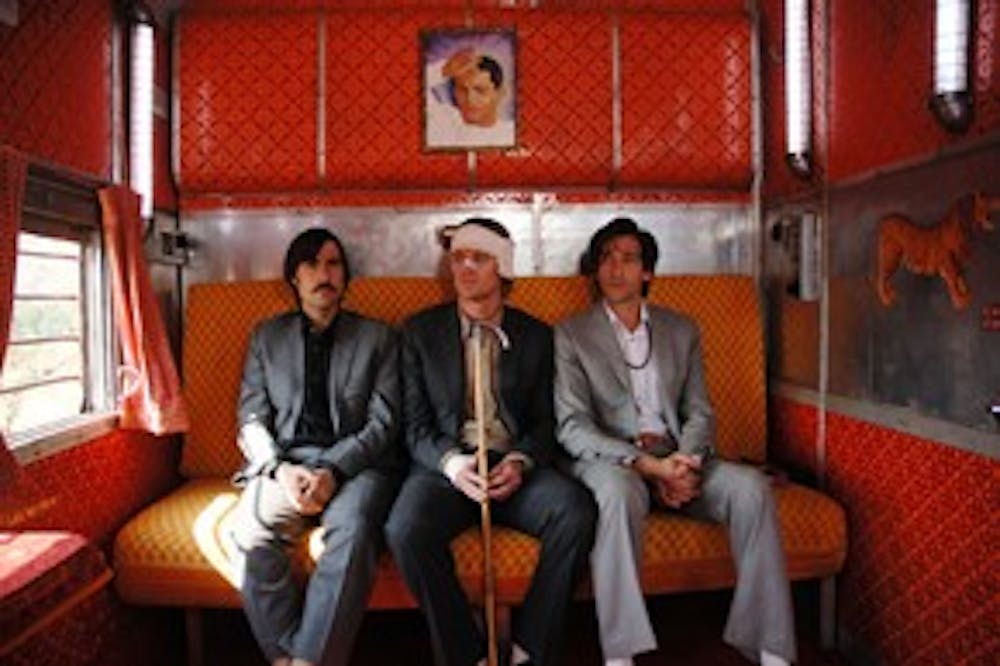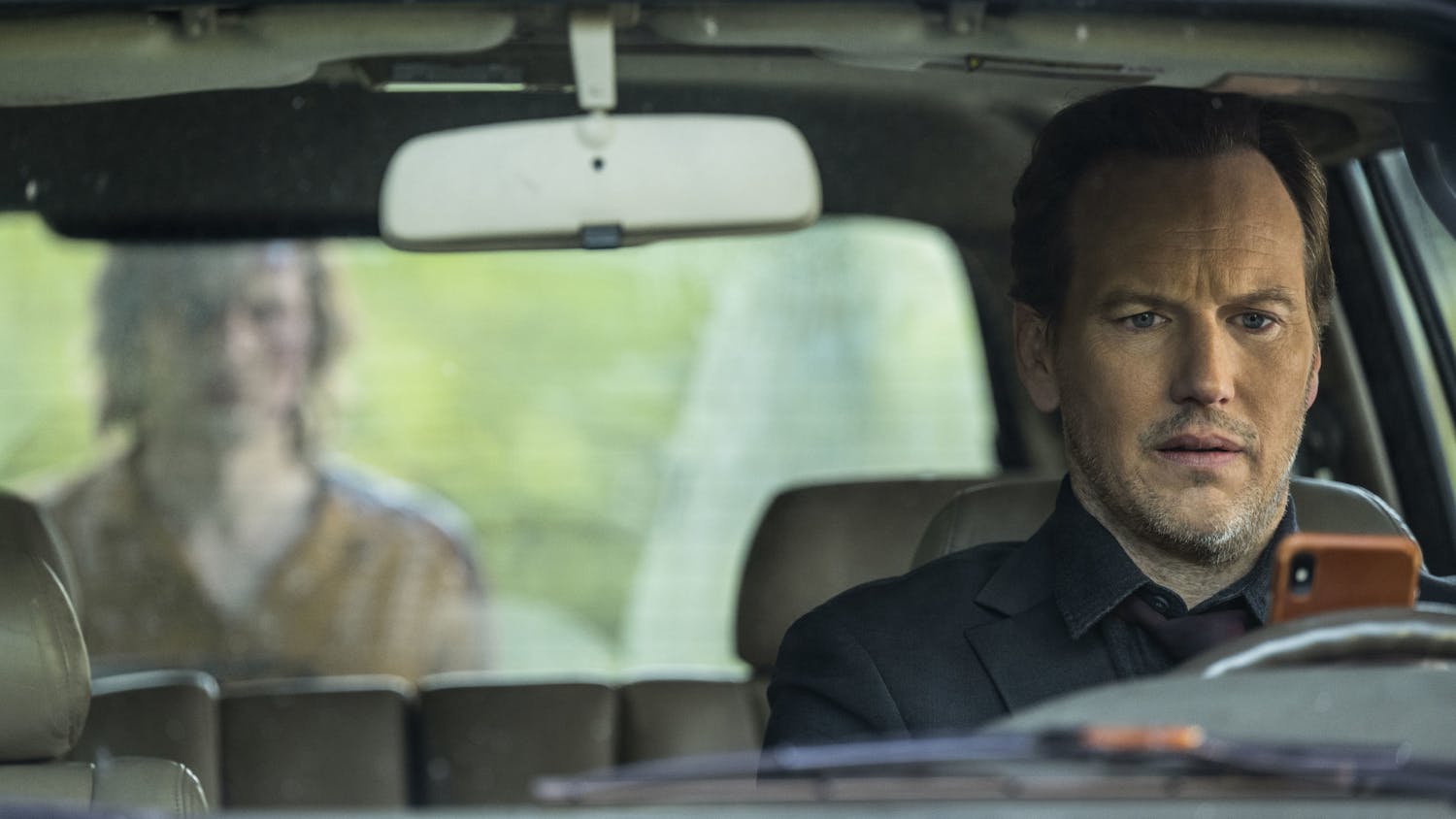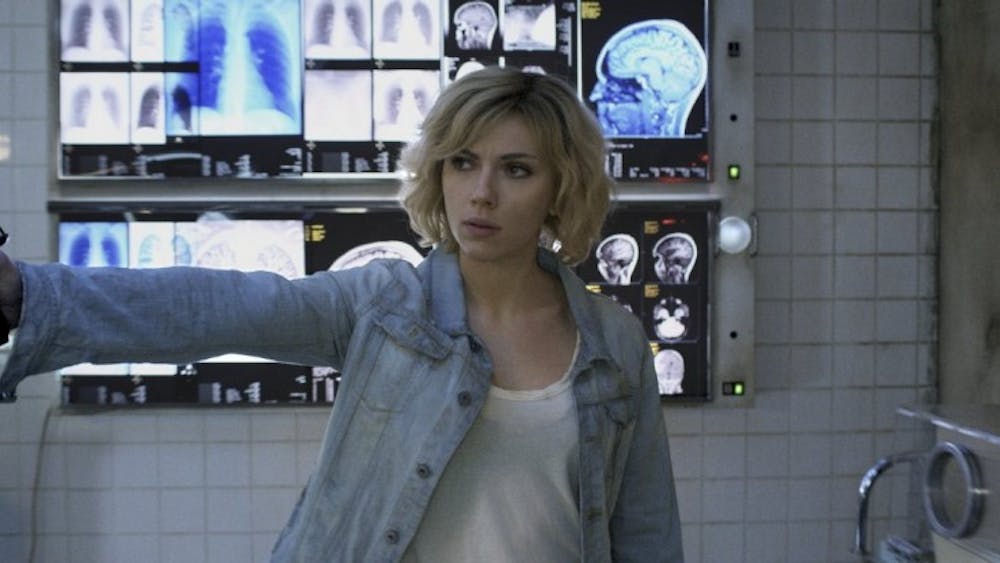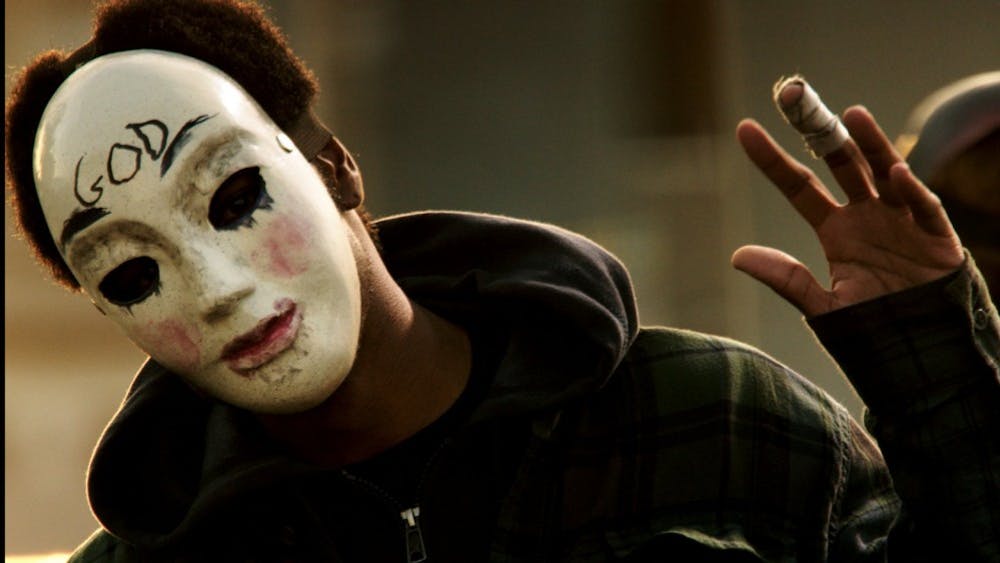e become different people throughout our lives. We are different people at age 25 than we are at age 15. The people who best witness this change are our siblings, who understand and notice the significant ways in which we have changed. Yet siblings bicker, fight and interact almost exactly the same way at 25 as they do at 15, or even 5, for that matter. That is what is interesting about sibling relationships; the roles we play out with our brothers and sisters are consistent. We rarely change in our behavior toward them, even though we change in our behavior toward the rest of the world. Wes Anderson's "The Darjeeling Limited" gets that concept and does an incredible job of capturing that dynamic on film. It lacks focus, however, with its wandering plot.\nThe story is told in typical Anderson fashion. His characters' dialogue is blunt, quick, offbeat and often unsettling. He makes extensive use of the colors orange, blue and red, and the main narrative centers on a key group of people and their familial problems. \nThe main characters are brothers Francis, Peter and Jack, played with appropriate quirky humility by Owen Wilson, Adrien Brody and Jason Schwartzman, respectively. After their father died, the three had a falling-out and have not spoken for a year. The eldest son Francis has a car accident that has left him bruised and bandaged, prompting him to question the meaning of life and inspiring him to reunite the trio via a spiritual journey through India. He makes plans for them to take a train through the countryside, stopping along the way to visit holy sites. A series of meandering and seemingly pointless events follow, culminating in the sons' reunion with their mother, now a nun who runs a convent at the foot of the Himalayas. \nThis movie presents a problem for me for several reasons. Anderson's "The Royal Tenenbaums" was a great movie; this is practically indisputable. "The Life Aquatic" was not quite as good, but there was a method to its madness, and it was at least a well-made film. "The Darjeeling Limited" is so much like its predecessors in broad ways and stylistic techniques that it can't avoid comparison. Anderson uses the same devices over and over (artistically, narratively, visually), and it begs the question: If you're telling the story in the same way you told the one before it, aren't you just telling the same story with different people in different places, saying different things? If you're being something just to be, then there is no point in being at all.
Wes Anderson 'Limited'
The Darjelling Limited (R) Grade: C+

Get stories like this in your inbox
Subscribe





